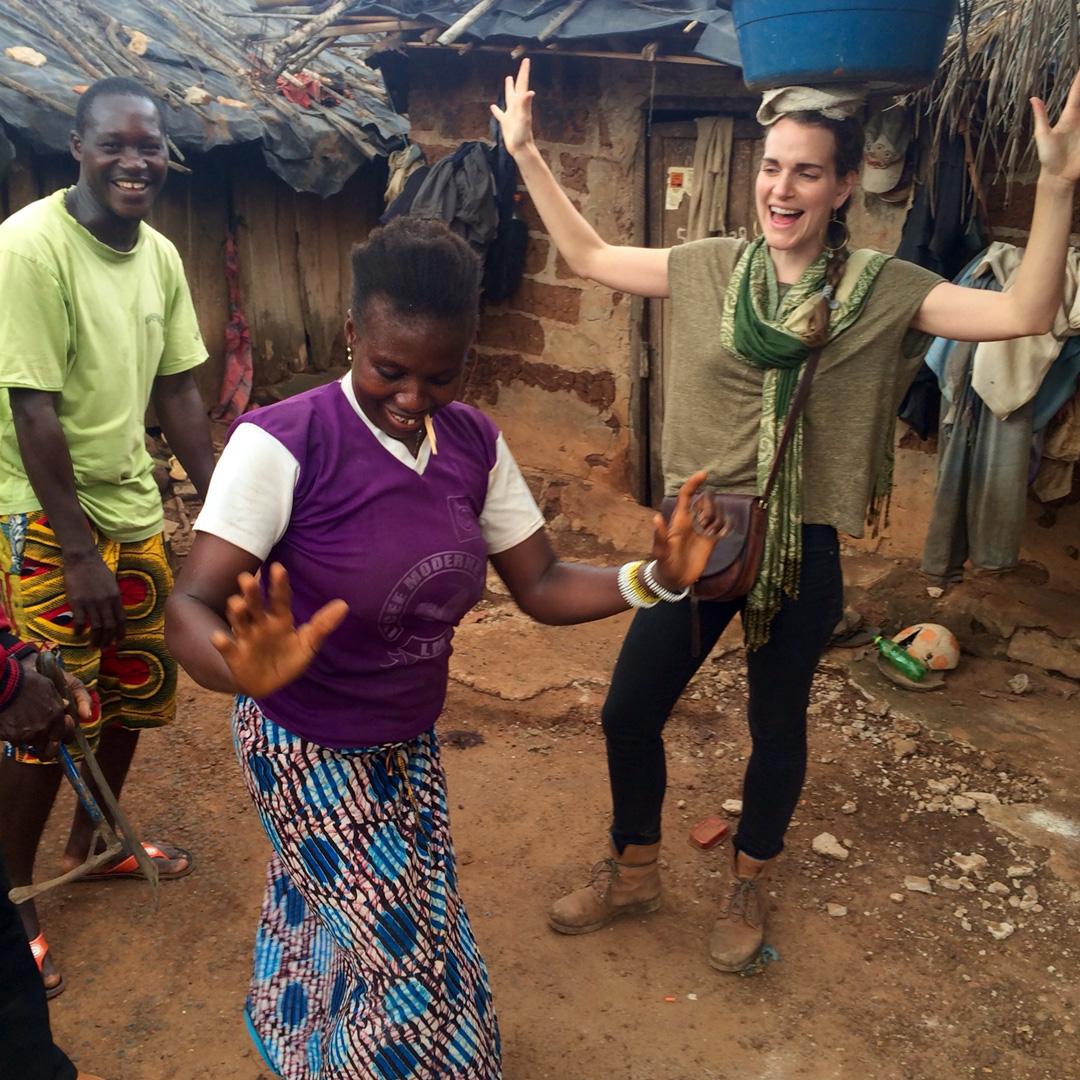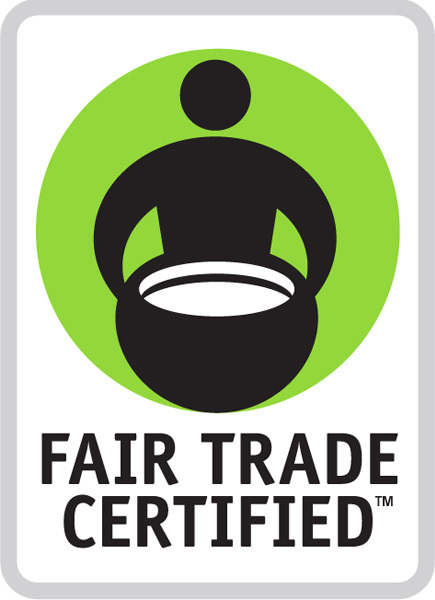They Weren't Expecting a Woman
Celebrating powerful women everywhere who inspire us to lead, stand out, and stand up for gender equality through Fair Trade

They Weren't Expecting a Woman
Celina Lima is awake at the crack of dawn. It was 6:30 a.m. in Thailand where she called to update us about her latest passion project—latest being the imperative. Over the last year, Celina has embarked on a series of travels through Central America, Thailand, and the Southeastern United States studying the impact of Fair Trade on producers’ livelihoods, and each has come with its own set of surprises (her trip to Mexico is a must-read). In Thailand, she’s been surprised to see women operating businesses and calling the shots in their communities. It’s a very different scene coming from Central America, a predominantly patriarchal society where many of the leadership boards she’s been part of are all-male.
When she’s finished talking to Fair Trade artisans and producers here, she’ll report their interview responses and findings of her own to the company importing and selling their handmade goods in the United States. Making a personal connection, she says, is how we fix society’s biggest problem: lack of understanding. Celina is a master’s student at the Middlebury Institute of International studies at Monterey, and the way she sees it, the whole world is a classroom. Her role in it is both teacher and student.
When asked about what motivates her, Celina replied, “I don’t want to be part of the status quo.” She’s outspoken about her belief in Fair Trade as a solution to global injustice, and there’s an intensity in her voice that indicates she’s not one to waste time. Even—especially—not at 6:30 in the morning.
“I don’t want to be part of the status quo.”
As much traveling as she’s done over the last year, it’s still closest to home where she feels her greatest calling. In April 2017, Celina led a team of students at Middlebury to help their school earn Fair Trade University designation—the very first graduate school in U.S. to do so. She’s dedicated to showing people how talking about global issues, taking ownership of the impact of their dollar, and raising awareness in others, is the best way that anyone can be a leader within their own sphere of influence.
“What’s amazing about stories like Celina’s is how powerful it is to see women managing with authority in traditionally male-dominated situations,” says Kate Williams, Impact Manager at Fair Trade USA. “Women’s equality is something we at Fair Trade are working for, and a lot of the women we work with are suppressed.
Kate spends a lot of time in the field conducting surveys with Fair Trade producers, and often witnesses gender bias firsthand.
“It’s not common to see women in leadership roles, and many of those that are will even dress to keep attention away from themselves," Kate says. "Wearing baggy shirts that cover their curves, wearing bandanas over their faces... anything to keep from standing out. During my trips to the field to visit Fair Trade producers is where I see the reality of culturally influenced gender inequality unfold before my eyes, but it’s also in the field where I observe more women producers voice their truth by sitting on Fair Trade committees, speaking up for female peers’ rights, or farming their own land.”
Read our shopping guide: Fair Trade Products That Support Women
Isabel Uriarte, a coffee farmer in Peru, is one such example of the transformative power of female leadership. In Peru, female coffee producers make up 43 percent of the world’s coffee growers, yet they often experience limited rights and unfair wages for their work, forcing them further into poverty. As founder and leader of a cooperative, Isabel has been a champion for rural farmers and a driving force behind changing the troubling reality for many women in Peru. Her story, in its entirety, shows the power of a woman who supports, and is supported by, her community.
Laura Keen often finds herself representing as the only woman in the room. As Senior Supply Chain Manager at Fair Trade USA, her work involves traveling to places in Central and South America and along the Ivory Coast, where it’s extremely uncommon to be a woman in a leadership position. If there is another woman in the building with her, Laura says she’s usually the secretary or the person bringing coffee.
“I feel respected—it’s just a different kind of respect,” she says of what she has experienced in a room of men in a traditionally male-dominated industry. Paternalism is deeply ingrained in the culture. “There’s deference and gentlemanliness, there’s ‘thank you for offering me water and telling me you like my eyes.’ But I know it’s not necessarily going to be as easy getting you to hear my thoughts.”
When it comes to being heard, “I feel that my best tools are also stereotypically feminine, especially patience,” she says. “I don’t respond by trying to come across as more male. I’ll let people talk over themselves, and while they do I’ll just wait, and sometimes keep repeating the same thing over and over again until they’re done. There have been some meetings when I don’t feel like I can get a word in where I’ve just I stood up to get their attention.”
"I don’t respond by trying to come across as more male."
When asked what motivates her, Laura says, “I’m impressed by the remarkable women in supply chains. Even despite the structural and cultural constraints they’re up against, they are idealistic and opinionated. If they’re able to foster their own potential against those odds, then how much more can we without those barriers?”
The barriers that impede women’s progress are undeniable, especially in the agriculture industry. In Côte d'Ivoire, for instance, women make up almost 70 percent of the agricultural labour force, but only 3 per cent of women own the land that they cultivate. Many women often still face unequal treatment, discrimination, and harassment. But together, we can change that. Fair Trade empowers women through opportunities for education, leadership roles, and scholarships so that girls can imagine a future in which they can be their own boss.
In Côte d'Ivoire, women make up almost 70 percent of the agricultural labour force, but only 3 percent of women own the land that they cultivate.
“Fair Trade certification can't change cultural norms overnight, but it can negate the barriers to do so by boosting women above them,” says Kate Williams.
“Fair Trade certification can't change cultural norms overnight, but it can negate the barriers to do so by boosting women above them.”
This International Women’s Day, we say thank you to women everywhere who embody the #FairHer mission and inspire us to live and lead boldly.

